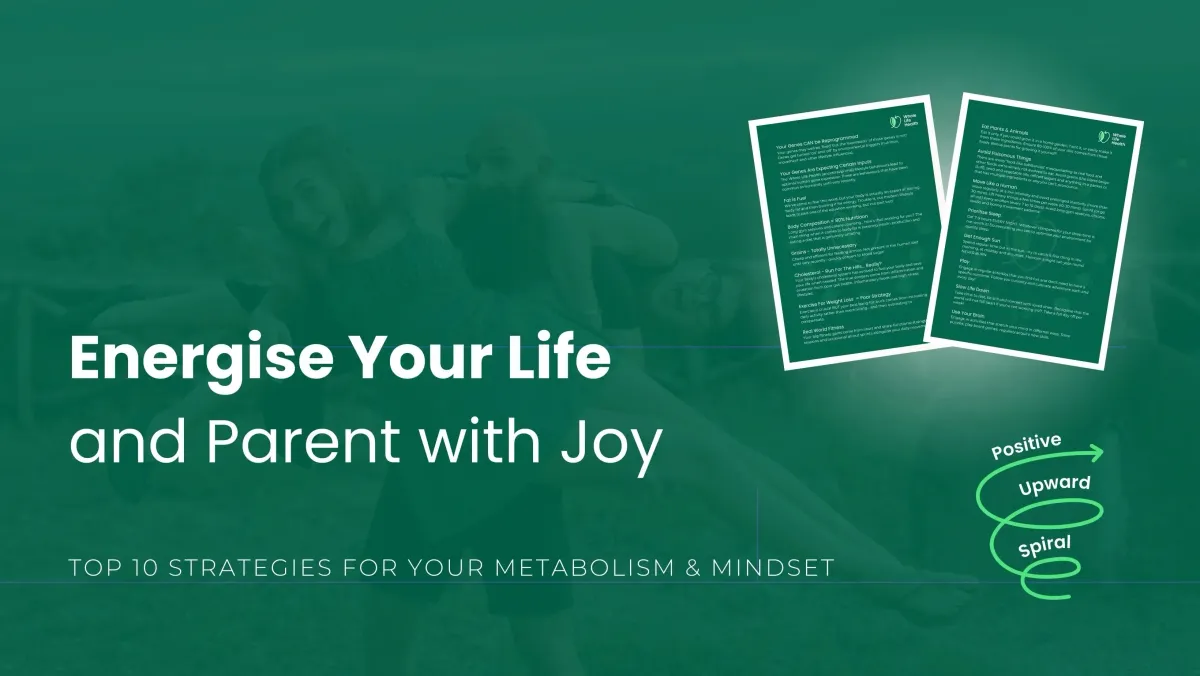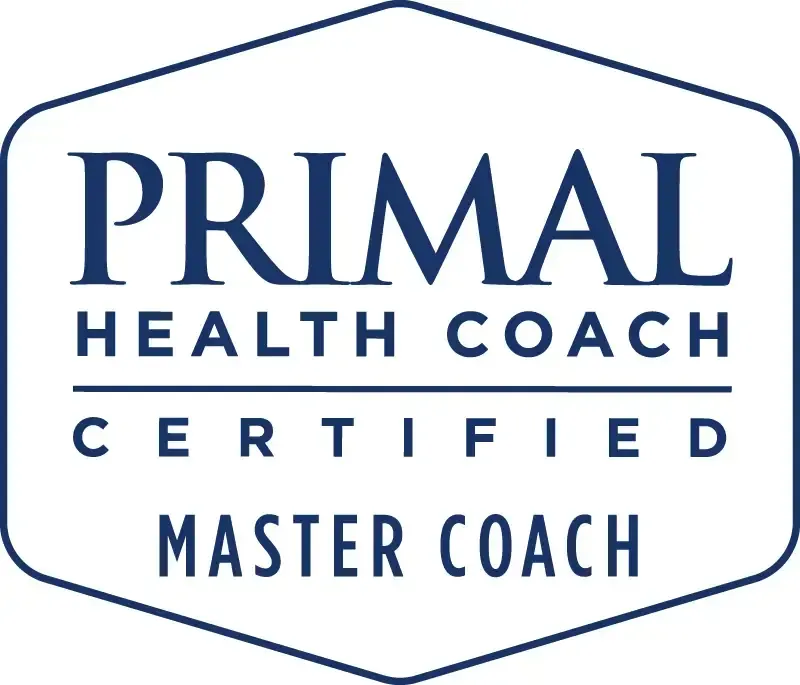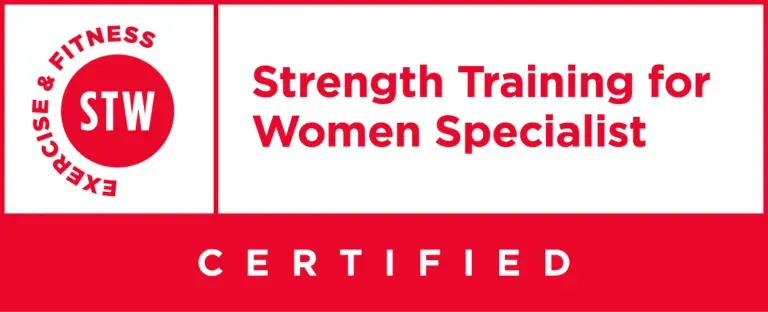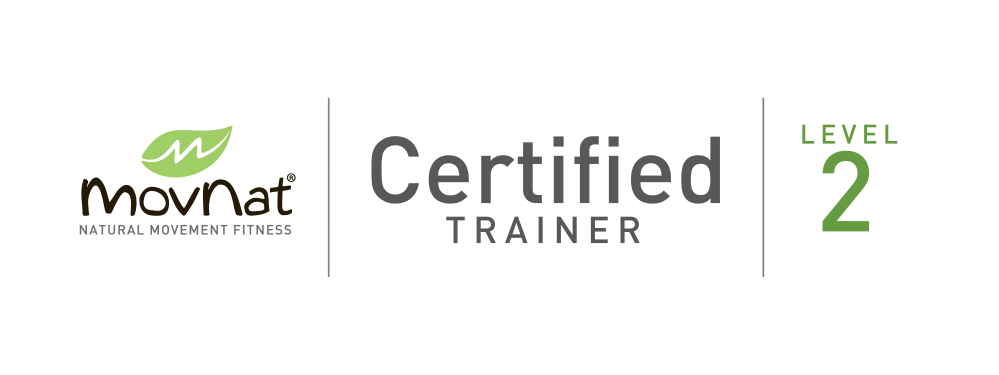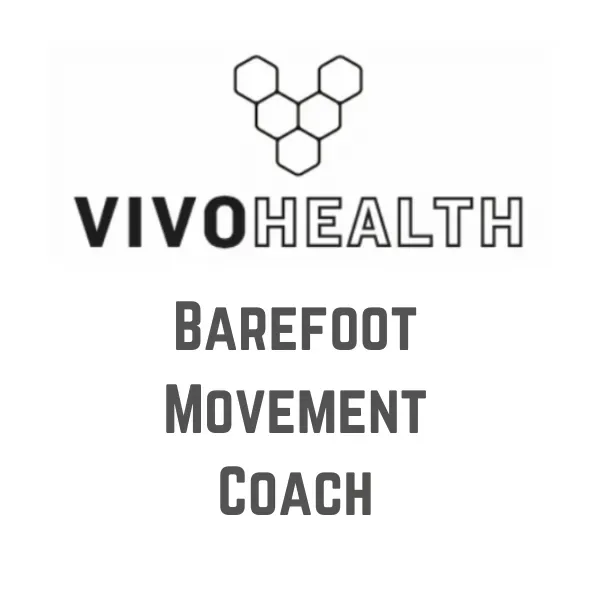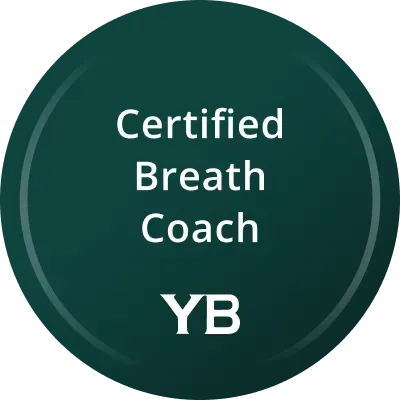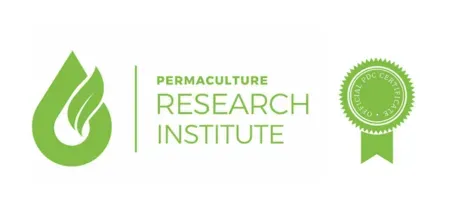
Why You're Still Tired After a Full Night’s Sleep
You slept. So why are you still tired?
If you’re clocking 7–9 hours of sleep but waking up with low energy, brain fog, or the kind of persistent exhaustion that makes coffee feel like a lifeline, you're not alone.
What you’re feeling is not just tiredness. It’s a deeper kind of fatigue that often stems from dysregulation, not just sleep. And here’s the truth bomb: you can’t out-sleep inflammation.
Research consistently identifies not just poor-quality sleep, but also circadian rhythm misalignment, stress, underlying health conditions, and lifestyle choices as the primary drivers behind waking fatigue. Improving sleep hygiene, movement, nutrition, and mindset are repeatedly shown to be the most effective interventions — not just in theory, but across diverse real-world populations.
My Story: When Normal Isn’t Natural
For years I thought it was normal to wake up groggy. I mean, who doesn’t shuffle to the toilet at 3am? I was up two, sometimes three times a night. Groggy mornings, low energy afternoons, and a brain that felt like it was wading through soup — that was just life, right?
Wrong.
It took getting married to realise how bad it had become. My wife gently pointed out that maybe it wasn’t normal to be that knackered after what was supposedly a "full night" of sleep. Add parenting, a business, and a permaculture homestead into the mix, and something had to give. Sleep became non-negotiable. I stopped pretending I could just push through.
Turns out it wasn’t a sleep problem. It was chronic inflammation — the low-level, slow-burning, body-wearing kind that creeps in when stress, diet, and rhythm are off. Surprise surprise.
Chronic Fatigue Isn’t Just About Sleep
Let’s get this straight: being tired all the time isn’t a moral failure. It doesn’t mean you’re not trying hard enough or need to "man up." Most people dealing with chronic fatigue are already pushing far too hard. The problem isn’t motivation. It’s physiology.
What we call tiredness is often a symptom of something deeper being out of sync. And despite what your FitBit might say, you can’t fix it with just a few more hours in bed.
Some of the real culprits hiding beneath the surface include:
Nervous system overload (your foot's stuck on the accelerator... like, superglued)
Mitochondrial dysfunction (your cellular power plants are on strike)
Evidence from systematic reviews reinforces this: chronic fatigue is most often linked with disrupted sleep architecture caused by psychological distress, and lifestyle mismatch.
The Energy Thieves Hiding in Plain Sight
You may not be burning the candle at both ends, but you might also be 'lighting a few matches' without realising it. Energy leaks are everywhere in the modern world. And while none of them are dramatic on their own, stack them together and your system is smouldering before breakfast.
Here are a few familiar suspects:
Caffeine compensation cycles: waking tired → drink coffee → crash later → repeat
Ultra-processed food: nutrient void and sends out invites to inflammation parties (... you know... inflammation parties...???)
Chronic stress: your nervous system thinks you're being chased by a bear... but odds are, you aren't...
Unstable daily rhythms: skipping breakfast, eating dinner late or moving like a sloth all day then crushing a spin session (... anyone?)
Research is clear that late-night screen use, irregular routines, and ultra-processed diets are strongly linked to disrupted circadian rhythms and next-day fatigue.
How to Fix Fatigue at the Root
Now we get to the good bit. Because once you stop chasing energy and start plugging the leaks, everything changes. You begin to realise that recovery isn’t passive. It’s not just sleep. It’s an active process of restoration.
Here’s where to start:
Regulate your rhythm
Your body loves rhythm. Circadian alignment helps regulate cortisol, melatonin, and digestion. Studies consistently show that sleep hygiene practices — like consistent bed/wake times and morning light exposure — improve fatigue outcomes.
Lower your allostatic load
Stress taxes your system. Your “allostatic load” is the cumulative stress built up across all of life (training, relationships, work, gut sensitivity). Interventions and practices to help manage stress such as CBT, mindfulness, and restorative movement are all backed as effective interventions for fatigue and mood regulation.
Eat for energy
Anti-inflammatory diets — such as primal/ancestral diets or a mediterranian approach — rich in omega-3s, antioxidants, and micronutrients, are associated with lower fatigue in both healthy and clinical populations.
What If It’s More Than Lifestyle?
Let’s not pretend this is all about bedtime routines and grass-fed butter. Sometimes the issue goes deeper. If you’ve cleaned up your habits and still feel like a human puddle, it might be time to dig further.
Some deeper causes of fatigue include:
The good news? Even in clinical populations, lifestyle shifts — especially exercise, CBT, and personalised nutrition — have measurable impacts on fatigue severity and quality of life. This is why you'll often find you need a team around you, a doctor, a therapist and a coach.
Ready to Recover? Start with Rhythm.
Before reaching for another supplement or squeezing in a cold plunge between meetings, return to this:
This isn’t about giving up productivity. It’s about making sure your output doesn’t come at the cost of your health. Because there is no hustle worth your mitochondria.
You don’t need to hustle for more energy. You need to stop leaking it.
Want to go deeper?
Join us — deep nutrition, rhythm resets, and nervous system support that transforms tiredness into strength. We help you turn chaos into coherence, exhaustion into resilience.
FAQs
Why do I still feel tired after sleeping 8 hours?
You might be experiencing poor sleep quality, chronic inflammation, or disrupted circadian rhythms. It’s not just about duration — it’s about depth and timing.
What supplements help with chronic fatigue?
Magnesium glycinate, B vitamins, vitamin D, and adaptogens like ashwagandha may support energy levels when paired with lifestyle changes.
Can chronic fatigue be cured naturally?
For many people, yes — through consistent rhythm, inflammation reduction, nervous system regulation, and root-cause nutrition. Functional approaches have been shown effective in multiple studies
How long does it take to feel better?
Depends on the individual, but most see improvements within 2–6 weeks with consistent lifestyle interventions... really not that long!
Should I get tested for fatigue causes?
If you're persistently tired despite rest and rhythm changes, consider labs for iron, B12, thyroid function, cortisol, and post-viral indicators. Or get going on working on all of the above - need help with that, reach out!
Geeky Deep Dives
(1) Conley, S., Hwang, Y., Al-Saleh, S., Kamp, K., Cahalan, A., & Redeker, N. (2025). Sleep Deficiency and Fatigue in Adults with Inflammatory Bowel Disease: A Systematic Review. Western Journal of Nursing Research. https://doi.org/10.1177/01939459251314941
(2) Mehta, S., Joshi, A., Ramteke, M., & Tandiya, P. (2024). The Combined Effect of Physical Exercise, Pranayama, and Diet on Fatigue in Adult Cancer Patients Undergoing Chemotherapy: A Randomized Controlled Trial. Supportive Care in Cancer. https://doi.org/10.1007/s00520-024-08821-8
(3) Kangas, M., Bovbjerg, D., & Montgomery, G. (2008). Cancer-related Fatigue: A Systematic and Meta-Analytic Review of Non-pharmacological Therapies for Cancer Patients. Psychological Bulletin. https://doi.org/10.1037/a0012825
(4) Querstret, D., O'Brien, K., Skene, D., & Maben, J. (2019). Improving Fatigue Risk Management in Healthcare: A Systematic Scoping Review of Sleep-related/Fatigue-management Interventions for Nurses and Midwives. International Journal of Nursing Studies. https://doi.org/10.1016/j.ijnurstu.2019.103513
(5) Belloni, S., Arrigoni, C., Baroni, I., Conte, G., Dellafiore, F., Ghizzardi, G., et al. (2023). Non-pharmacologic Interventions for Improving Cancer-Related Fatigue (CRF): A Systematic Review of Systematic Reviews and Pooled Meta-analysis. Seminars in Oncology. https://doi.org/10.1053/j.seminoncol.2023.03.004
(6) Boda, M., Rees, A., Goldsworthy, M., Evangelou, N., Sidhu, S., & Smith, A. (2025). The Effects of Diet, Physical Activity and Sleep on Motor and Physical Fatigue in People with Multiple Sclerosis. Neuroscience. https://doi.org/10.1016/j.neuroscience.2025.01.032
(7) Vroegindeweij, A., Wulffraat, N., Van De Putte, E., De Jong, H., Lucassen, D., Swart, J., et al. (2023). Targeting Persistent Fatigue with Tailored Versus Generic Self-management Strategies in Adolescents and Young Adults with a Fatigue Syndrome or Rheumatic Condition: A Randomized Crossover Trial. British Journal of Health Psychology. https://doi.org/10.1111/bjhp.12711
(8) Lee, K., Jong, S., & Gay, C. (2020). Fatigue Management for Adults Living with HIV: A Randomized Controlled Pilot Study. Research in Nursing & Health. https://doi.org/10.1002/nur.21987
(9) Jackson, M., & Bruck, D. (2012). Sleep Abnormalities in Chronic Fatigue Syndrome/Myalgic Encephalomyelitis: A Review. Journal of Clinical Sleep Medicine. https://doi.org/10.5664/jcsm.2276
(10) Huizinga, F., Westerink, N., Berendsen, A., Walenkamp, A., De Greef, M., et al. (2021). Home-based Physical Activity to Alleviate Fatigue in Cancer Survivors: A Systematic Review and Meta-analysis. Medicine and Science in Sports and Exercise. https://doi.org/10.1249/MSS.0000000000002735
(11) Cederberg, K., Jeng, B., Sasaki, J., & Motl, R. (2022). Physical Activity and Sedentary Behavior Timing in Fatigued and Non-fatigued Adults with Multiple Sclerosis. Archives of Physical Medicine and Rehabilitation. https://doi.org/10.1016/j.apmr.2021.12.022
(12) Kim, M., Seol, J., Sato, T., Fukamizu, Y., Sakurai, T., & Okura, T. (2022). Effect of 12-week Intake of Nicotinamide Mononucleotide on Sleep Quality, Fatigue, and Physical Performance in Older Japanese Adults: A Randomized, Double-blind Placebo-controlled Study. Nutrients. https://doi.org/10.3390/nu14040755
(13) De Vries-Ten Have, J., Manusama, K., Verkaar, A., Beijer, S., Sommeijer, D., et al. (2024). A Randomised Controlled Intervention Trial to Study the Effect of a Personalised Lifestyle Programme on Cancer-related Fatigue Among Colorectal Cancer Survivors: Protocol for the SoFiT Study. British Journal of Nutrition. https://doi.org/10.1017/S0007114524001107
(14) Bennett, S., Pigott, A., Beller, E., Haines, T., Meredith, P., & Delaney, C. (2016). Educational Interventions for the Management of Cancer-related Fatigue in Adults. The Cochrane Database of Systematic Reviews. https://doi.org/10.1002/14651858.CD008144.PUB2
(15) Johns, S., Tarver, W., Secinti, E., Mosher, C., Stutz, P., et al. (2021). Effects of Mindfulness-based Interventions on Fatigue in Cancer Survivors: A Systematic Review and Meta-analysis of Randomized Controlled Trials. Critical Reviews in Oncology/Hematology. https://doi.org/10.1016/j.critrevonc.2021.103290
(16) Ito, N., Petrella, A., Sabiston, C., Fisher, A., & Pugh, G. (2021). A Systematic Review and Narrative Synthesis of Exercise Interventions to Manage Fatigue Among Children, Adolescents, and Young Adults with Cancer. Journal of Adolescent and Young Adult Oncology. https://doi.org/10.1089/jayao.2020.0136
(17) Liu, J., Yin, Y., Kor, P., Kwan, R., Lee, P., et al. (2023). Effects of an Individualised Exercise Programme Plus Behavioural Change Enhancement (BCE) Strategies for Managing Fatigue in Frail Older Adults: A Cluster Randomised Controlled Trial. BMC Geriatrics. https://doi.org/10.1186/s12877-023-04080-0
(18) Warlo, L., Bardai, S., De Vries, A., Van Veelen, M., Moors, S., et al. (2024). Game-based eHealth Interventions for the Reduction of Fatigue in People With Chronic Diseases: Systematic Review and Meta-analysis. JMIR Serious Games. https://doi.org/10.2196/55034
(19) Belloni, S., Bonucci, M., Arrigoni, C., Dellafiore, F., & Caruso, R. (2022). A Systematic Review of Systematic Reviews and a Pooled Meta-analysis on Complementary and Integrative Medicine for Improving Cancer-related Fatigue. Clinical Therapeutics. https://doi.org/10.1016/j.clinthera.2022.12.001
(20) Slaman, J., Van Den Berg-Emons, H., Van Meeteren, J., Twisk, J., Van Markus, F., et al. (2015). A Lifestyle Intervention Improves Fatigue, Mental Health and Social Support Among Adolescents and Young Adults with Cerebral Palsy: Focus on Mediating Effects. Clinical Rehabilitation. https://doi.org/10.1177/0269215514555136
(21) Marie, G., Jason, E., & Julia, N. (2015). Sleep in Chronic Fatigue Syndrome. Unknown Source. https://doi.org/10.1201/B20221-10
(22) Sharpley, A., Clements, A., Hawton, K., & Sharpe, M. (1997). Do Patients with "Pure" Chronic Fatigue Syndrome (Neurasthenia) Have Abnormal Sleep? Psychosomatic Medicine. https://doi.org/10.1097/00006842-199711000-00006


